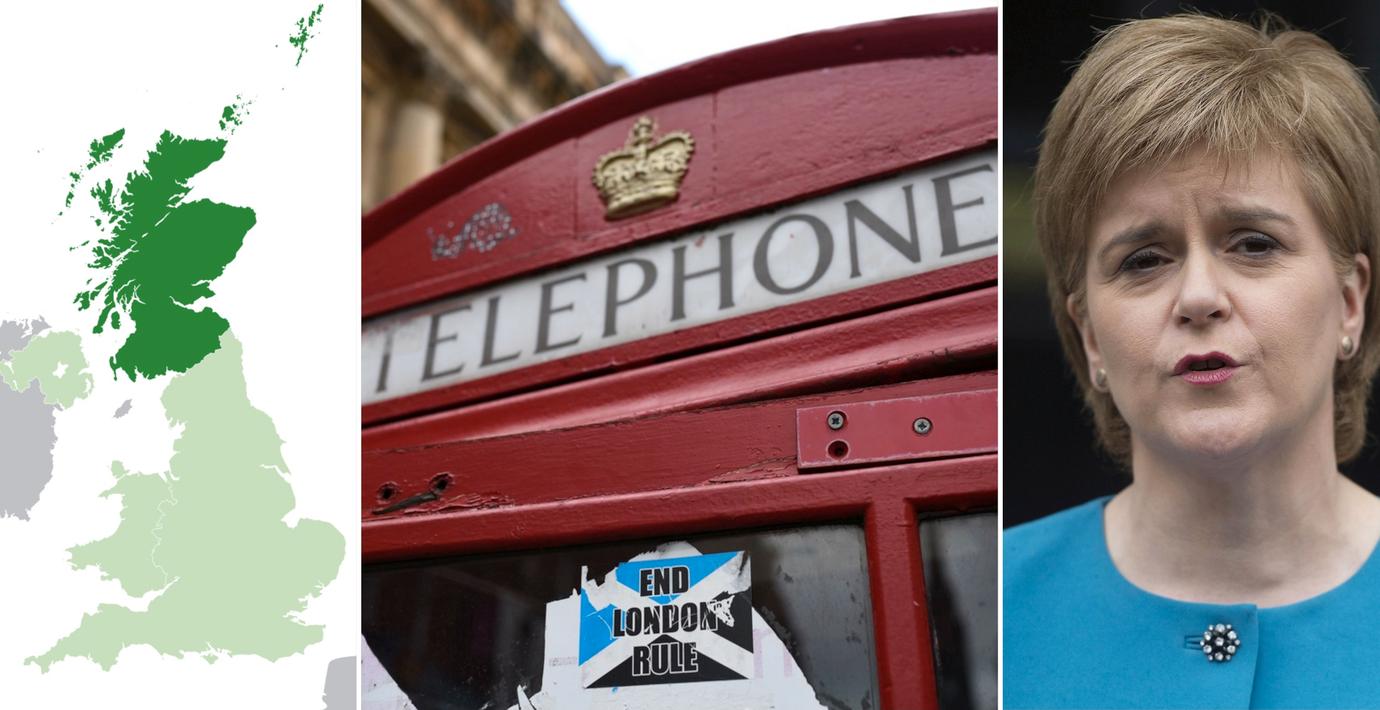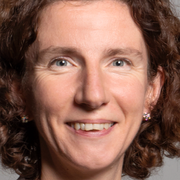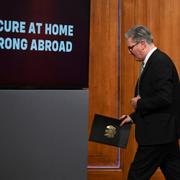
”Skottland kan lägga in veto mot brexit”
Det skotska parlamentet skulle kunna stoppa brexit genom att lägga in sitt veto. Det säger den skotska försteministern Nicola Sturgeon till BBC.
Sturgeon har ”svårt att se” att en lagstiftning om ett utträde ur EU inte skulle behöva passera det skotska parlamentet. I parlamentet har försteministerns självständighetsparti SNP näst intill en majoritet och hon säger att hon ”självklart” kan komma att be ledamöterna att inte ge sitt samtycke.
– Jag har svårt att tro att den brittiska regeringen inte har en väldigt annorlunda syn på saken och vi får se var den diskussionen landar, säger hon.
Tidigare under söndagen konstaterade Sturgeon att ”det Storbritannien Skottland röstade för 2014 inte längre existerar”.
Försteministern och hennes regionala regering har redan börjat arbeta med lagstiftningen för en eventuell ny folkomröstning om självständighet.
Sturgeon säger att en sådan är ”högst trolig”.
– Detta blir ingen repris av folkomröstningen 2014. Sammanhanget och omständigheterna har förändrats dramatiskt.



